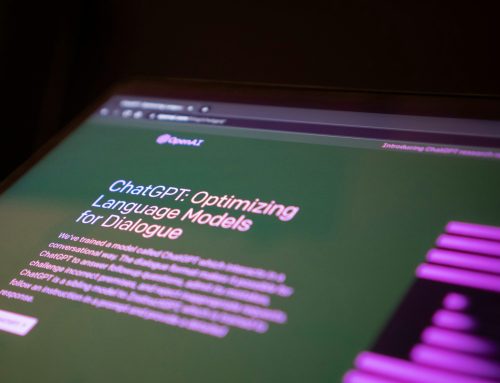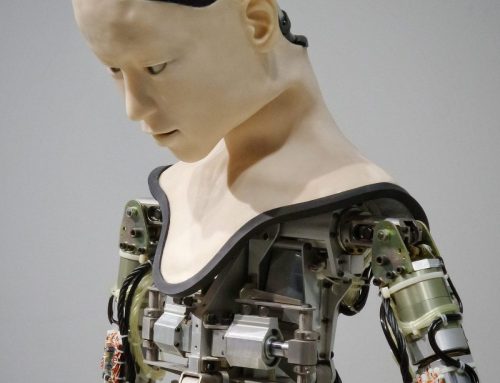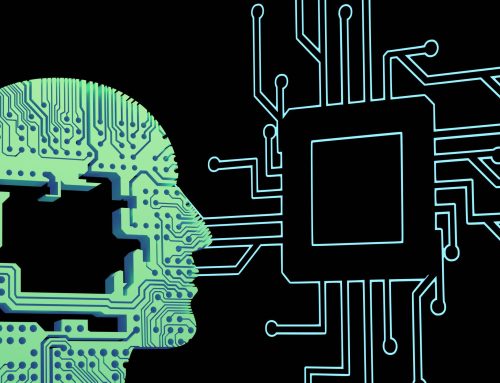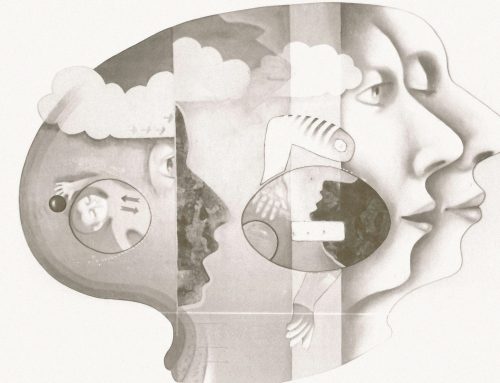
We are beginning to realize that we
are more lost than we previously thought.
-Harry Martinson, Aniara 13.
It is somewhat surprising that two of my favorite books, one being von Wright’s Vetenskapen och förnuftet and the other the Nobel laureate Harry Martinson’s Aniara, both have a very negative view of the future of humankind. Aniara is a poem in 103 verses about a space ship originally destined for Mars with colonists from the destroyed planet earth. En route the ship malfunctions and is set on a course to nowhere into empty space. It is a colorful and striking metaphor of humankind’s existential situation.
Von Wright has called the view that he ends up with “a provocative pessimism”. In the last chapter of Vetenskapen och förnuftet, he asks: “What forces might break or essentially change the trends I see developing in the future? One perspective that I think is not unrealistic is that humankind is heading towards extinction as a zoological species. This perspective has often in times of despair and change upset people. But I think it has more foundation in reality now than before. For my own part, I don’t find it particularly upsetting. At one time, humankind will most certainly cease to exist as a species, and if this happens in a few hundred thousand years or in a few millennia is in a cosmic perspective not important (in Swedish: en pipa snus).” The hope he says he has for humanity, he attributes to reason and that the form of rationality that became dominant with modern science undergoes change or is replaced by a form of rationality that is healthier for humankind.
How did he end up in this conclusion? The second part of the book draws out the influences of the form of rationality he has established as representative of the moderns scientific world-view. He does this by pointing to some key turning points in human history. An important step towards the industrial changes in the 19th century was the merging of science and technology. Human technology and ingenuity was already impressive long before the birth of modern science, but science and technology together created a revolutionary mix. It is the technological innovations made possible by modern science that radically changed our living conditions. Perhaps the first really important such development was the scientific discovery of electricity and the technological innovations it made possible. Science and technology continue to change our world and our living conditions in a way and in a pace that is hard to keep up with. Computers, tablets, smart phones, not to mention medical progress, and all kinds of techniques now available through genetic manipulation, have made the world of my generation almost impossible to compare to the world of my mother and father.
No other philosopher has described the changing conditions for humanity after the industrial revolution better than Karl Marx, but also Albert Einstein early expressed his concern when he said: “The tragedy of modern human being is, generally speaking, that she has created living conditions for herself that she, because of her phylogenetic development, isn’t ready for.” Perhaps adapting to new living conditions does not need genetic change, but the point is that there is no time to adapt. Change is happening too fast. For example, our modern democratic governance and personal freedom that has developed in Europe and North America has two presuppositions. One is that the average citizen can form their own view about questions that will affect their lives. The other is that she can grasp the consequences of her actions so that she can take responsibility for how to use her freedom. When a government grows too big and too complicated, when the distance between the power and the average citizen becomes too great, and when government becomes dependent on experts, democracy becomes problematic. Von Wright sees this development as an enormous threat to democracy. The industrial and technological society is becoming so complicated that public decision-making becomes an empty formality as either an agreement or a protest. Individual freedom becomes more and more limited, which again becomes something we silently agree to or develops into violence and terrorism. It seems to me that we will likely have more of both in the future.
Science and technology also generate other more direct threats. Ever since the end of the Second World W
ar humankind has lived under the threat of weapons of mass destruction and now we are trying to face up to the changes to the world’s climate that human-made pollution is bringing about. Our major contribution to climate change started with the industrial revolution, which was the first major change due to science and technology, and now the CO2 concentration in the atmosphere is higher than it has ever have been in human history. Although we can see how science and technology are sources to many of our greatest problems, we nevertheless turn to science and technology to deliver our salvation. Governments spend billions on science research in order for new technologies and innovations to boost the economy and create job opportunities. The political involvement in research poses a new problem and looking to science to solve the problems it was part of creating is also problematic. Von Wright worries that this locks us into one form of rationality and any deviation from it will not be tolerated and cast aside as irrationality.
Even though the picture of our future painted in this book is rather negative, von Wright still sees changes or challenges to this form of rationality from within science itself. These have through history presented themselves as problems science has with living up to the demands on intelligibility it puts on itself. The first pressing problem appeared already in the early days and was posed by Newton’s famous law of universal gravitation. The law says that two bodies attract each other with a force that is proportional to their mass and indirectly proportional to the square of the distance between them. The effects these bodies have on each other happen instantly across any distance. How is this possible? The second major problem of intelligibility had to do with the nature of light, which according to experiments from the early 20th century seemed to behave as both a particle and a wave. This result was later generalized to all the smallest basic particles of matter. How can it be both? The third problem is perhaps the most famous. It is the discovery of Heisenberg’s uncertainty relation, which popularly expressed is that it is impossible to measure experimentally both the speed and the position of an electron at a given time, since the observation itself effects the measurement. How are we to understand this? Is it a limit on the possibility to know where a body is and how it is moving (the epistemic interpretation) or is it the case that the electron does not have a determinate location and speed (the ontic interpretation)? All three of these cases represent challenges to the intelligibility of science, and sit uneasily in the overall form of rationality underlying it. Scientists and philosophers have made great efforts in recent times to explain these problems and present a more consistent picture of physics.
The greatest challenge to the dominant form of rationality von Wright sees coming from biology. He, however, thinks biology will have to develop in a very specific way for this to happen, but if the mereological view of physics could be replaced by the more holistic view of biology, then perhaps a new form of rationality could develop. Such a view could explain parts from the perspective of the whole and the laws for the organization of the whole might involve interactions with other wholes. He calls this system thinking. On such a view our attitude to the problems posed by climate change would be completely different, but it is not clear that such a form of rationality would ever become dominant. For this and other reasons von Wright remains a pessimist about the future.
I find myself deeply impressed by von Wright’s arguments and the book still after so many years is able to invoke the feeling of making philosophy important. I see my own work in some ways having developed out of von Wright’s book. My work as a historian of philosophy has partly been focused on trying to understand the historical background to mind-body dualism and more recently I have been looking into the historical background to early modern mereology and mechanism (see the Mechanism Project http://www.rotman.uwo.ca/what-we-do/projects/the-mechanization-of-philosophy-between-1300-1700/?tab=1). I have not been thinking about Vetenskapen och förnuftet for many years, but it seems to have had a deeper influence on me than I previously thought. It has also become even clearer to me after having reread the book that the world needs institutes like the Rotman Institute of Philosophy where the impact of science and technology on the world can be discussed critically in all its complications and details.





